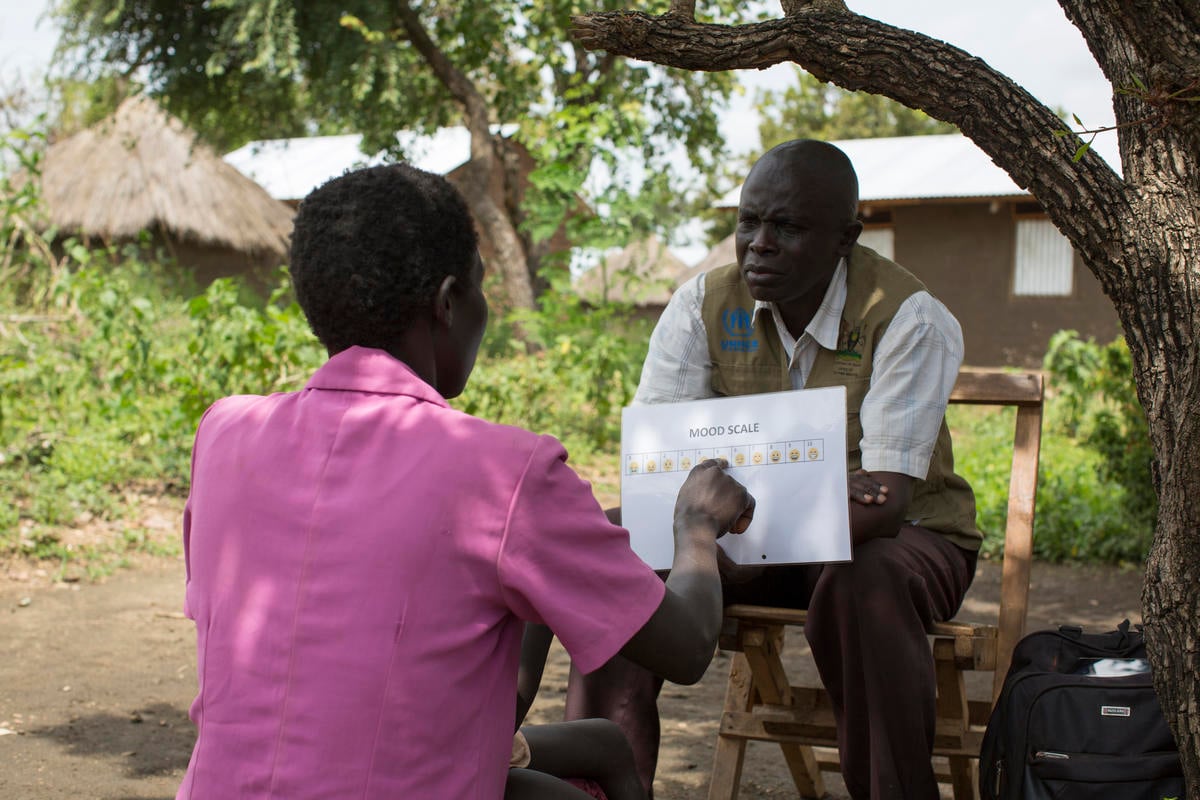Geneva crisis meet agrees to boost international support for countries hosting Syrian refugees
Geneva crisis meet agrees to boost international support for countries hosting Syrian refugees

GENEVA, October 1 (UNHCR) - A high-level UNHCR meeting in Geneva on the Syrian humanitarian crisis wrapped up today with agreement on urgent international action to mitigate the immense economic and social impact on host countries neighbouring Syrian refugees.
In a final statement, member states of UNHCR's governing Executive Committee (ExCom) said they were alarmed at the situation inside Syria, which has forced more than 2.1 million people to flee to other countries since March 2011. They acknowledged the profound impact this was having on refugee-hosting communities, economies, societies, services, infrastructure, environment and security in Iraq, Jordan, Lebanon, Turkey and Egypt.
In the statement released on Tuesday afternoon, they called on the international community to focus support in five areas: Direct aid to governments; financial and in-kind help to refugee populations and the communities hosting them; assistance for economies, societies, services, infrastructure, environment and security; Enhanced resettlement, humanitarian admissions and family reunification possibilities for Syrian refugees in third countries; development initiatives and projects to help host communities to ease the economic and social costs of hosting Syrian refugees.
The two-day high-level discussion on solidarity and burden-sharing with countries hosting Syrian refugees was the opening segment of the annual meeting of UNHCR's ExCom, which was to be addressed later Tuesday by High Commissioner for Refugees António Guterres.
The high-level segment was attended by government representatives from some 135 states, including the foreign ministers of Iraq, Jordan and Turkey as well as Lebanon's social affairs minister and the assistant foreign minister of Egypt. They briefed the meeting on the impact that the Syrian refugee crisis was having on their countries and the region.
Also present were top officials from the World Bank, several UN organizations, intergovernmental organizations and non-governmental organizations. UNHCR's Eminent Advocate Sheikha Jawaher Bint Mohammed Al Qasimi of Sharjah was also present.
Syria's conflict, which began in March 2011, has produced one of the most dramatic and rapid forced displacement situations of recent years. Today, an estimated 4.25 million people are internally displaced in Syria, while more than 2.1 million have either registered as refugees or are waiting to register in the surrounding region.
Currently, the UN's Regional Response Plan for 2013, which aims at addressing the humanitarian needs in the refugee-hosting countries, is 47 per cent funded.








